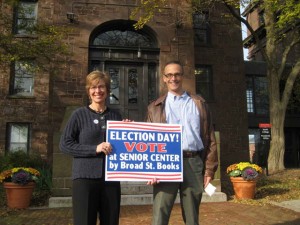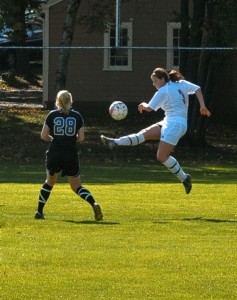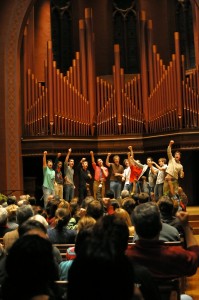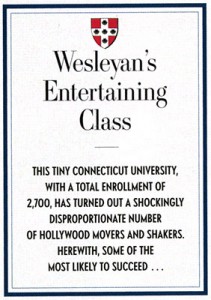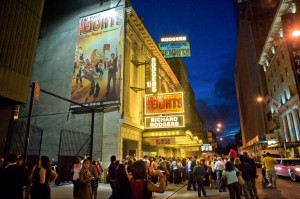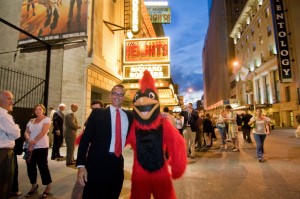The economic turmoil of the last several months has shaken our confidence in the future. As we turn to see our retirement savings depleted, or as we recognize job loss and diminished expectations, it is difficult to know where to turn for a reasonable basis for hope.
At Wesleyan, I have spent a good part of the last year planning for the future, working with colleagues to put the university on a more secure economic foundation, to develop new curricular initiatives that are exciting and dynamic, and to expand our facilities in the sciences in a dramatic way. Some of these projects (the Molecular and Life Sciences Building being the largest by far) have been discussed by faculty, alumni and trustees for many years. Others, like the decision I made last year to expand our financial aid program to reduce our reliance on required loans, are new programs that promote a core university value. We have created faculty working groups to promote creativity, civic engagement and internationalization, and to develop ideas for a College of the Environment. In this time of economic disruption, what happens to all these plans?
I don’t want to minimize the impact of the economic situation on Wesleyan. A good portion of our annual budget comes from the generosity of our alumni and parent base, as well as the return on our endowment. Fundraising will be difficult this year, we expect, but we remain confident that the extended Wes family will recognize how important their gifts are in this climate. Our endowment, already down last fiscal year, has taken a hit in the first quarter of this one. Although we fully expect the investments to recover over time, there will be a period of smaller returns from the endowment going to support the operating budget.
This means there will be cuts in the Wesleyan budget, but, as I said in my last post, I will do my best to protect teaching, research and the student experience from the impact of our cost cutting measures. Over time, we will shift more of our fundraising efforts toward building the endowment, rather than supporting current spending. This will allow us to build economic capacity for the long term. We will continue to offer our community the very best liberal arts education, but we must do so in a more cost effective way. We must delay for some years our major facilities projects, like the Molecular and Life Sciences Building, and we are looking at every department at the university for budget savings. We are also looking for revenue opportunities, particularly in the summer months
What happens to the great hopes and plans of the last year? I believe we must continue to be ambitious, and that we must develop new programs through, when necessary, a reallocation of resources. We will continue to offer a robust financial aid program, and we remain committed to hiring and retaining a faculty dedicated to advancing their own fields while they make a powerful impact on the lives of their students. I believe we can continue to internationalize our campus while enhancing creativity and civic engagement in the curriculum and in the community. We will continue to focus attention on enhancing the experience of our students, especially in their frosh and senior years. And though there may be delays in realizing the vision for a College of the Environment, I am confident in the merits of developing this broad based, interdisciplinary environmental studies program.
In challenging economic times, it is more important than ever to enhance one’s core competencies and build a platform for innovation. These next few years will be difficult ones, but with the talent, energy and generosity of the Wesleyan community, we will emerge from this economic turmoil an even stronger, more dynamic institution. This is our reasonable basis for hope.
[tags] Economy, Molecular and Life Sciences Building, financial aid, College of the Environment, fundraising, endowment, budget [/tags]
